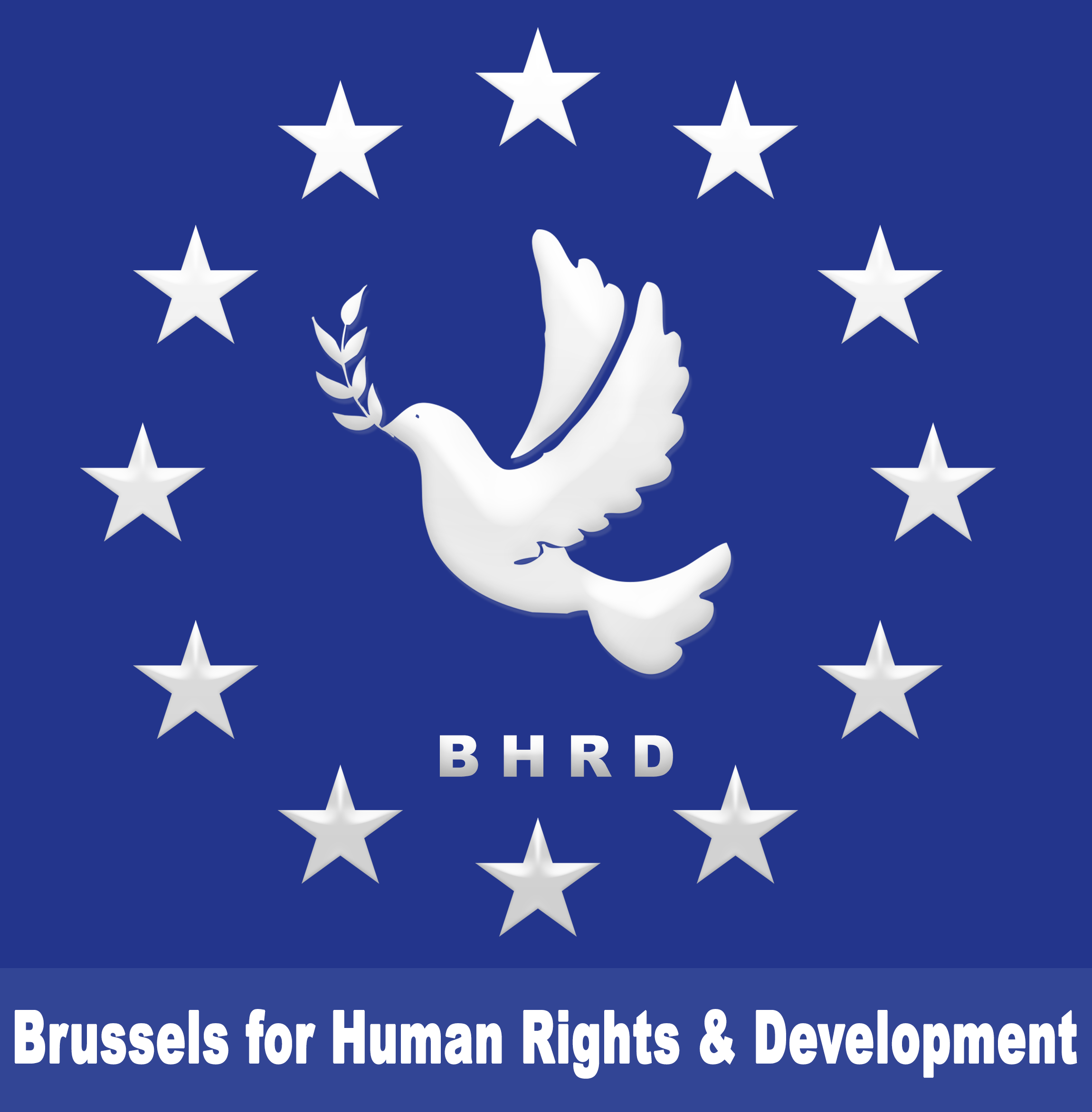Warsaw, Poland – August 26, 2024
The restrictive abortion laws in Poland are leading to significant violations of women’s rights, according to a report released on Monday by independent human rights experts. The stringent regulations have resulted in “several preventable deaths” and have forced women to either carry unwanted pregnancies to term, seek unsafe procedures, or travel abroad for legal abortions, as noted by the UN Human Rights Office (OHCHR).
The findings, published by the UN Committee on the Elimination of Discrimination against Women (CEDAW), reveal that the majority of abortions in Poland are conducted illegally and under unsafe conditions. The current legal framework severely limits access to abortion, with very few exceptions, making it nearly impossible for women to obtain the necessary services.
Genoveva Tisheva, the Committee’s Vice-Chair, stated that the situation in Poland amounts to gender-based violence against women and could be considered as torture or cruel, inhuman, and degrading treatment.
Systemic Failures and Stigmatization
The report highlighted systemic issues within Poland’s legal and healthcare systems, including doctors’ reluctance to perform abortions due to fear of criminal liability or moral and religious objections. This reluctance further complicates access to safe abortion services, particularly in cases where pregnancies result from criminal acts. The bureaucratic process is complex and not supportive of victims, exacerbated by the influence of strong anti-abortion groups and the stigmatization of those who assist in abortion procedures.
Ms. Tisheva described the environment in Poland as “complex, hostile, and chilling,” where access to safe abortion is stigmatized and practically impossible for many women.
The CEDAW committee concluded that Poland’s restrictive abortion laws not only jeopardize women’s health and lives but also cause significant mental and physical suffering, which is a gender-based violation of human rights. The report urged Poland to recognize abortion as a fundamental human right and to adopt a human rights-based approach to sexual and reproductive health. Key recommendations included legal reforms aimed at decriminalizing and legalizing abortion to ensure that women can safely access the services they need.
Recommendations for Reform
In summary, the report by CEDAW underscores the urgent need for Poland to reconsider its abortion laws to protect the rights, health, and well-being of women across the country.
Refer To The Source


 العربية
العربية